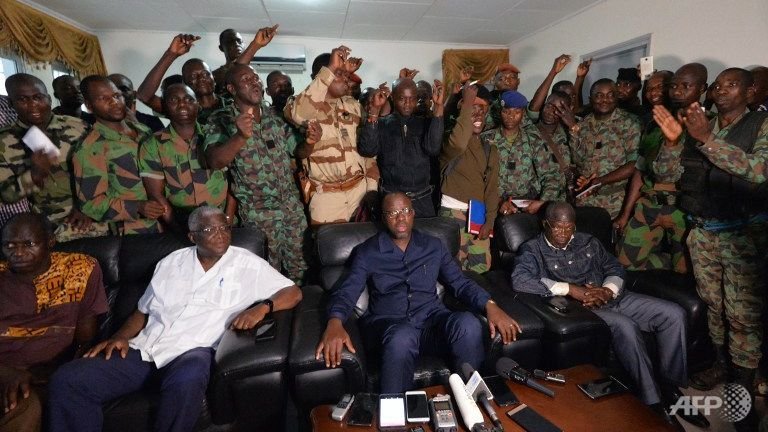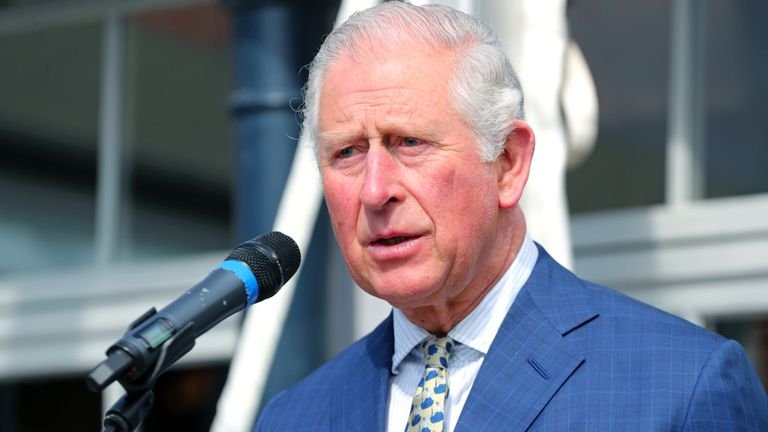
Disgruntled soldiers in Ivory Coast reached an agreement with the government late on Friday resolving a dispute over bonus payments that had threatened to reignite a nationwide army mutiny, negotiators for the mutineers said.
There was no confirmation of the deal from the government, and it was not immediately evident that the terms had been accepted by the rank and file, who took to the streets in Bouake, the second largest city, and other locations on Friday.
Soldiers, most of them former rebel fighters, launched a revolt in Bouake a week ago that rapidly gained momentum in the world’s top cocoa grower until the government was forced to yield to the mutineers’ demands after two days.
But the soldiers said they had received none of the 12 million CFA francs ($19,278) in bonuses they said the government had promised to pay each of them under an initial deal to end the uprising struck last Saturday.
“We’ve reached an agreement. They will pay five million Monday and the rest each month,” Sergeant Mamadou Kone, one of the mutineers’ negotiators, told Reuters. “We haven’t finished up, but that’s the most important thing.”
The soldiers had appeared poised to relaunch their mutiny on Friday.
Renegade troops sealed off Bouake as evening fell, even as a government delegation headed by Defence Minister Alain-Richard Donwahi pursued talks with the mutiny’s leaders inside the city.
Gunfire meanwhile broke out at two strategic military camps in the commercial capital, Abidjan, and mutineers seized entrances to Korhogo, a city in the country’s north.
Ivory Coast has one of the world’s fastest growing economies but has struggled to resolve deeply entrenched problems left over from years of civil war and political turmoil.
The government has failed to bring significant reform to the army, which remains a patchwork of former rebel fighters and troops who stayed loyal to the government during the 2002-2011 crisis. Divisions and parallel chains of command persist.
Heavy gunfire briefly broke out earlier in Bouake outside the venue for the talks, with mutineers blaming the shooting on soldiers venting their frustration after they accused the government of reneging on its promises.
Sporadic gunfire continued through the evening, and telephone networks appeared to have been shut down, hindering communications with the city.
Donwahi, his delegation and the mutineers’ negotiators were trapped for several hours during a similar incident during the first round of negotiations last Saturday.
But another leader of the mutiny said Donwahi, who was also accompanied by the heads of the army and gendarmes as well as the youth employment minister, was under no threat on Friday.
“They’re still here, but we will let them go after. The minister and his delegation will go home without any problems,” said the soldier, who asked not to be named.











